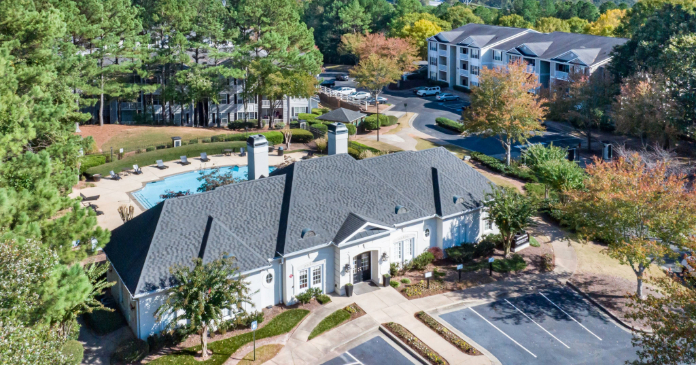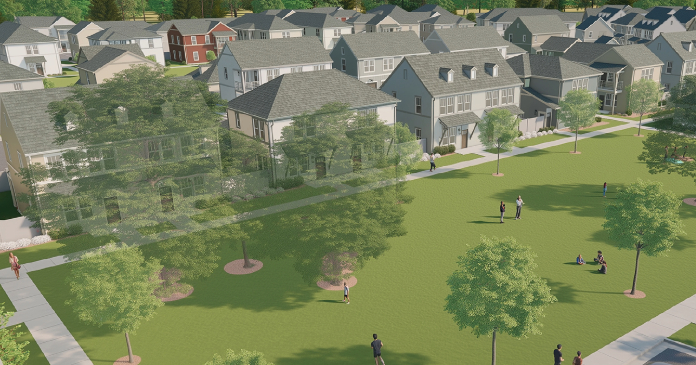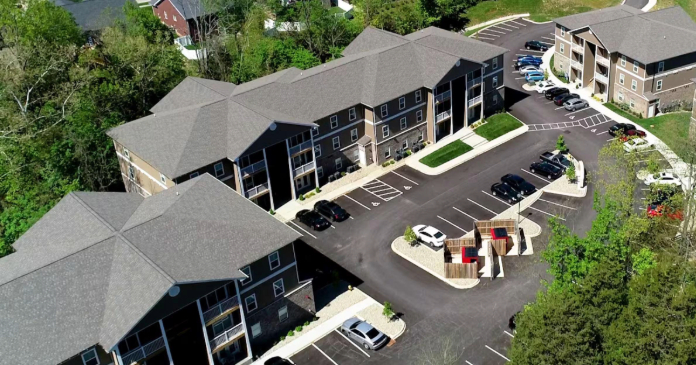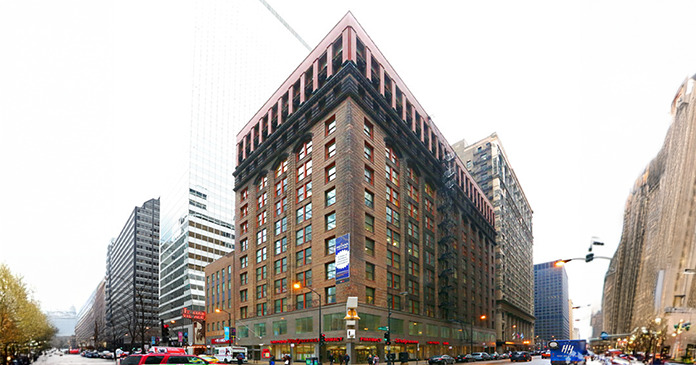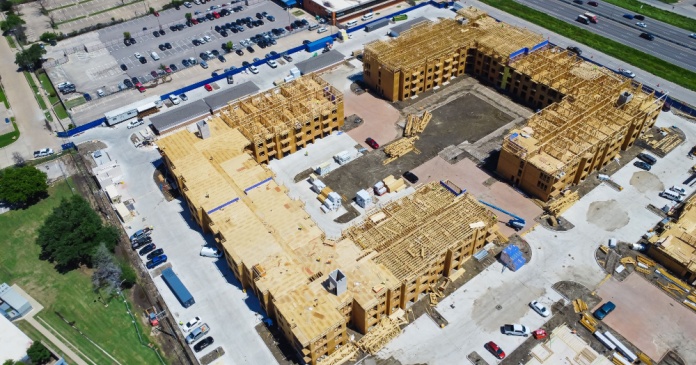Local officials in a Dallas suburb say they plan to continue pushing for a ban on undocumented immigrants renting property within the city limits—a measure that has cost the city $5 million and remains unenforceable due to court challenges.
The fight has pushed Farmers Branch, a quiet collection of bedroom communities and office parks, into the national debate about illegal immigration. Local Latinos say it also has made U.S. citizens and immigrants feel unwelcome in the city, where the Latino population has fallen in recent years.
City officials and law backers argue that undocumented immigrants strain local schools and police resources. They also note that local voters supported an early version of the law five years ago by a 2-to-1 margin.
“We’re trying to solve a problem that people perceive to have,” Mayor Jack Glancy told The Associated Press. “If the (federal) government would do what it’s supposed to do, we wouldn’t be in the middle of this thing.”
The city council must now decide whether to appeal to the U.S. Supreme Court or push for a hearing before the full 5th U.S. Circuit Court of Appeals, where a three-judge panel in March upheld a lower court’s ruling blocking the law.
Farmers Branch’s city council, which has never included a Latino, has in recent years declared English to be the city’s official language and resisted efforts to shift voting from an at-large system, which Latinos complain dilutes their voice. The council first passed a renters’ ban in 2006, but replaced it two years later on the advice of its attorneys.
The new law would require all renters to obtain a city license and the city’s building inspector to check the status of any applicant who wasn’t a U.S. citizen. Undocumented immigrants would be denied a renters’ permit, and landlords who knowingly allowed them to stay could have their renters’ license barred.
A federal judge put that law on hold after landlords and renters sued the city, and courts have continued to block it—most recently by the 5th Circuit.
Similar bans pushed in other cities, most notably Fremont, Neb., and Hazleton, Pa., are in the middle of similar court fights.
A judge recently allowed Fremont to require renters to obtain a permit but stopped the city from revoking the permits if renters were found to be illegal immigrants.
Hazleton’s law, which would sanction business owners for employing illegal immigrants and property owners for renting to them, also is on hold. But backers will get a new hearing because the Supreme Court last year, citing its decision in another case, vacated a federal appeals court’s ruling against the law.
Kris Kobach, a national advocate for tougher immigration laws and Kansas’ secretary of state, has represented Farmers Branch in court and said the city would have a good chance if it continues its case. He noted that much of the legal work has been done, so costs shouldn’t grow much.
Latino civil rights group MALDEF, which is helping fight the Farmers Branch law, said backers of such laws should give up.
“The federal courts have made clear that cities cannot make their own immigration laws and target residents for expulsion simply because of their race or nationality,” Nina Perales, MALDEF’s VP of litigation, said in a statement.
Despite rallies and heated protests at the time, Ben Robinson, a Farmers Branch councilman, points to the 2007 referendum that showed strong support for the law.
“As far as I know, they still feel that way,” he said.
Glancy emphasized that the city is targeting undocumented immigrants, not documented immigrants or U.S. citizens.
The mayor also said that since the law was first passed, the number of car accidents involving uninsured drivers has declined and fewer students have moved in and out of local schools.
Statistics from the Carrollton-Farmers Branch school district, which includes parts of Farmers Branch and surrounding cities, show the percentage of “mobile” students has fallen, though district spokeswoman Angela Shelley said the school does not keep track of students’ immigration status.
A message seeking comment from local police about Glancy’s uninsured drivers claim wasn’t returned.
“Something needed to be done,” Glancy said. “The federal government wasn’t doing it. People were frustrated, and we’re the ones closest to the people.”
Elizabeth Villafranca sees things differently. Villafranca owns a local Mexican restaurant and moved to Farmers Branch after the push to ban undocumented immigrant residents began. She ran and lost for city council.
Villafranca said she and other U.S.-born Latinos, along with legal immigrants, are more often pulled over by police or threatened by other residents. Though the law never went into effect, Villafranca said, supporters “had the effect they wanted.”
Longtime resident Jack Viveros, a financial planner, said friends and neighbors started asking questions about his background in recent years.
“It’s still a dividing factor,” Viveros said. “It has divided the city dramatically.”
The city has an annual budget of $77 million and has to cut salaries and benefits in recent years, making the $4.5 million spent on immigration-related lawsuits stand out.
Robinson, the longtime councilman, called the legal fees “outrageous” but said he supported continuing the case.
“I think the only way that we’re ever going to have a proper handle on, and control over, illegal immigration in this country is by the states and the cities having the types of laws necessary to control illegal immigration,” he said.
Viveros said he wanted the case to end so the city could heal.
“When we drop this thing, when it’s finally done and over with, it’s like a relationship with a person,” Viveros said. “When you first break up, you’re hateful and angry and all that kind of stuff. After time, things just become acceptable and things go back to normal.”
Author: foxnews.com, The Associated Press







